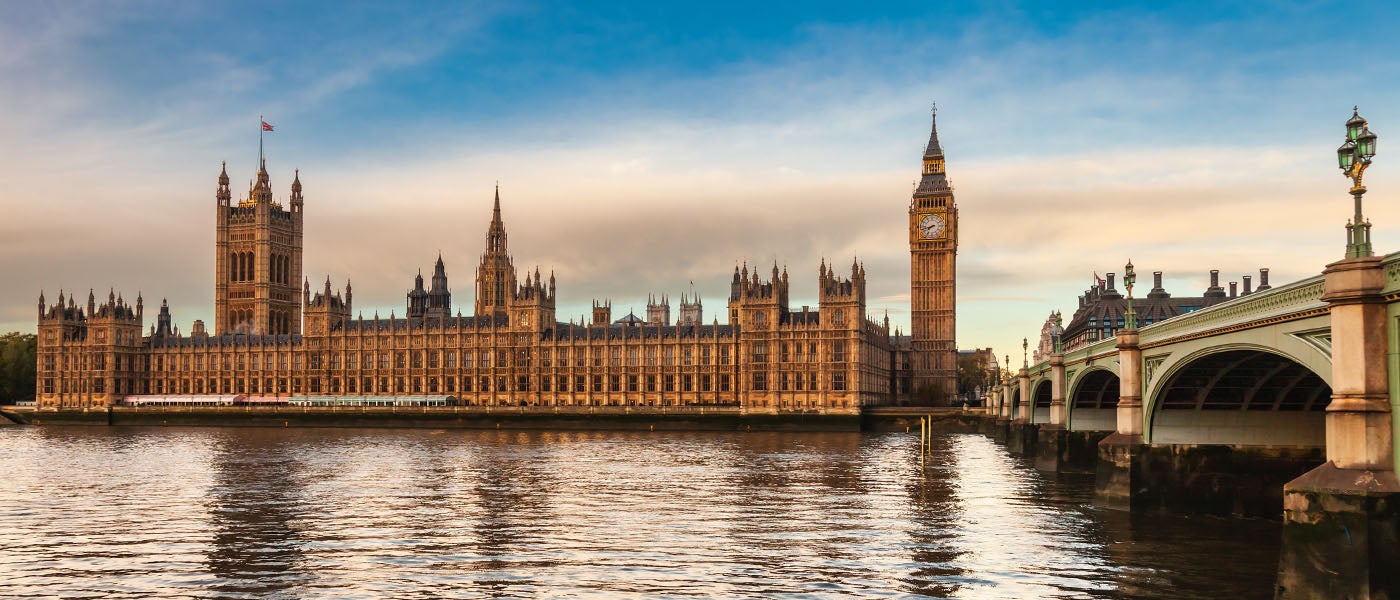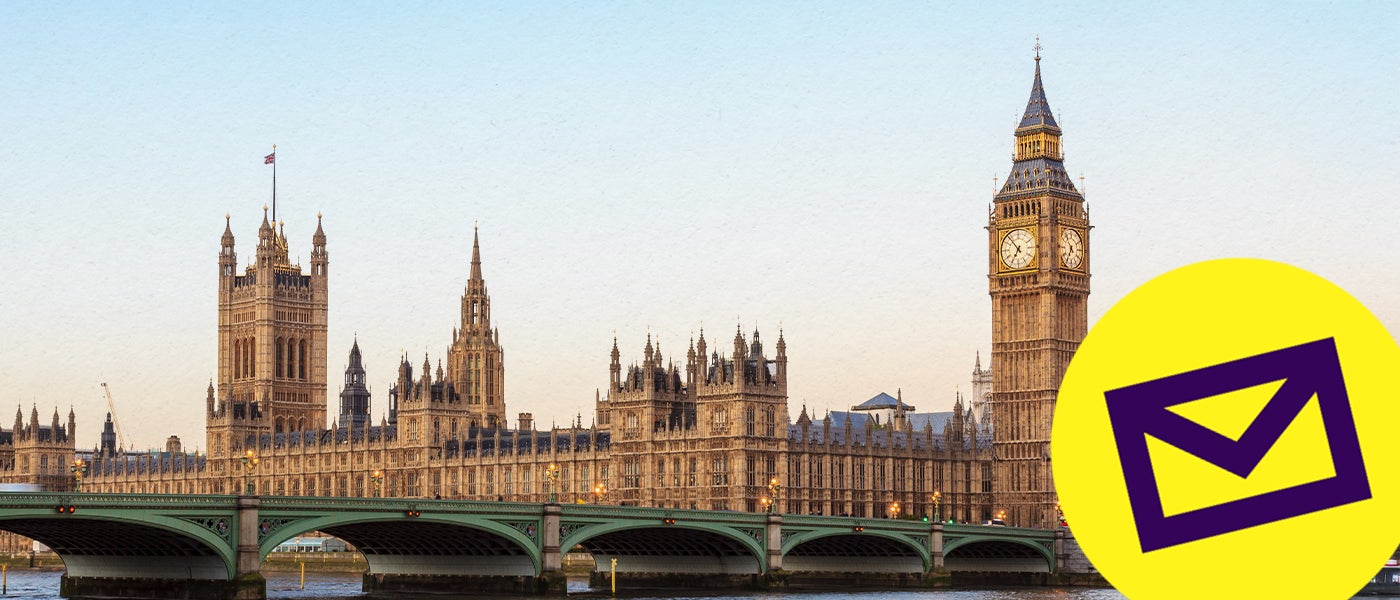- Home
- News and stories
- “Disability pride isn’t a consistent feeling.”
“Disability pride isn’t a consistent feeling.”

As we reach the end of Disability Pride Month, Annabelle talks about how she found pride in her disabled identity.
Hi, my name is Annabelle, and I’m a young disabled person. Let me introduce myself, and then I’ll share with you what disability pride means to me.
I have a dynamic disability, meaning that my health fluctuates dramatically. When I was asked for my perspective of Disability Pride Month, I was worried that I didn’t deserve the opportunity because I wasn’t disabled enough. I’d been well for a few months, and it felt awkward to speak on disability when it wasn't impacting me too much.
But recently, I’ve been almost entirely bedbound for eight weeks. The only times I’ve left the house are on several trips to the hospital.
That's the thing with chronic illness - it’s not predictable. I’m in pain writing this, and I’ll be in pain when it’s published, even if it’s a good day. When I feel like I’m ‘not disabled enough’, I’m still in pain, but just a ‘normal amount’. I still spend hours a day working to try and stay in that good phase.
A good day will include an hour of physio exercises, three types of medication, at least one walk. I’ll wear compression clothing, drink three litres of water, and consume ten grams of salt. After that, I’ll still be unable to do a full day's work in an office.
“Everyone starts somewhere.”
It’s so easy to forget just how different and unique our lives are. I’m a friend, a sister and a daughter. I’m an ecology student. I’m obsessed with my cat. And I am disabled. It’s a core part of who I am, and it's a part of me society has taught me to hate.
Before I became disabled, I admit I was uneducated. I think most people who can afford to be are. I didn’t know about the diversity of impairments or conditions, or of disabled people. I didn't know how much pain it was possible to be in every day. I hadn’t experienced how it felt to be told by healthcare staff that there was no prospect of feeling any better, although there is. Or to hear that I wasn't trying hard enough, even though I was.
I’m embarrassed of my ignorance, but we must acknowledge that education in this area is lacking, and everyone starts somewhere.
“Genuine understanding is so important to me.”
Before I had lived experience, I’d always assumed that there would be a big defining moment where a doctor sat you down and said, “you are disabled now”. But that moment never happened. So, it took me a long time for me to realise that I was.
I don’t remember there being a big moment of realisation. It was more that suddenly I was relating more to disabled influencers, and seeking out information in disability groups.
Having disabled friends has made a huge difference. Being able to say, ‘I know we were going to call today but I don’t have the energy’. Then hearing, ‘I was just about to say can we call tomorrow, I’m getting a migraine’, or ‘of course, rest up and let me know when you’ve got more energy’.
It’s such a heartwarming feeling, knowing there’s no judgement or anger, just acceptance and warmth. The genuine understanding of people going through the same thing is so important to me.
When I first became disabled, I didn’t have the supportive circle I have now. I had really non-supportive medical professionals. They weren’t experienced enough to link the seemingly unrelated symptoms of my rare condition.
It was really hard for me. I knew what I was going through, and what I was losing out on, But there was definitely a sense from the doctors I was being dramatic or lazy.
It makes me feel really angry looking back, because I believed them. I’m angry for younger me and I’m angry for the people who are going through the same thing now. I wish I had trusted myself more, it’s a hard realisation that you know more about a condition than most doctors.
“Our strengths are each other.”
Becoming disabled has been a painful, isolating experience. But it’s also been a beautiful one. It’s taught me about the value of community, in whatever form that takes.
Online support groups are my biggest resources. How else would I know the best brand of electrolytes? Or that, although a symptom isn't officially listed as a medication side effect, everyone acknowledges it is? How would I feel confident going to doctors without the lists people create of everything you need to be taken seriously?
What is Disability Pride Month for if not for acknowledging our strengths? Our strengths are each other. I’m grateful to my doctors, but I owe my good days to other disabled people. I can't overemphasise how important these disability communities are. I dread to think of how much worse I’d be without their support. They’re a lifesaving resource.
“We have to listen to those devalued by society.”
A few years ago, my ecology lecturer said to me, ‘You can’t expect to be an ecologist without leaving the path’. But some areas of field work aren’t accessible to me in my wheelchair.
The expectation of people like my lecturer is that there’s one way to do things. But this is something us disabled people know isn't true, and it's such a strength.
When he thinks of ecology, he thinks of remote hikes. When I think of ecology, I think of the plants growing in the cracks in the pavements. I’m reminded of the data I analyse in bed, with a hot water bottle under my back and my laptop balanced on my knees.
There's nothing wrong with his perspective. But there’s something wrong with him assuming that his view is the only valuable one. That isn't how we fight back against injustice, or how we improve society. We have to listen to everyone, even and especially those devalued by society.
We are valuable, and it does us a disservice to pretend we aren’t.
“Disability pride is...”
While I feel pride around my physical conditions, I’m still learning about my own neurodivergence. I wouldn’t say I feel pride for that yet. But I know I will one day, and I really look forward to that.
For me, pride isn’t a consistent feeling. I feel tiny some days, and want to apologise for everything. But on other days, I want to write an article about the beauty of disability, or make a speech at Welsh Parliament.
I read a thread on X a couple of years ago, and I always go back to it. It was written by Charlie Park, a disability writer and activist. Here’s my interpretation of it:
For me, disability pride is still wearing my face mask. It’s coordinating my bright yellow walking stick with my outfits when I have the energy. It’s moving back home with my parents, and rarely seeing my friends in person, but still loving them.
It’s using assistance for planes and trains, and asking for captions to be enabled before online meetings. It’s spending 6 years on my undergrad degree and loving every moment of that. As well as being proud that I took the extra time I needed.
It’s knowing that needing mobility aids are what gives me independence, not what takes it away.
Disability pride is having a great time with my family on holiday, despite only leaving the house once. It’s appreciating the views, the new foods, and the different way the air feels.
Visit this page to attend Scope’s free Disability Pride Month membership event on July 29. To learn more about being a Scope member, visit our membership page.









